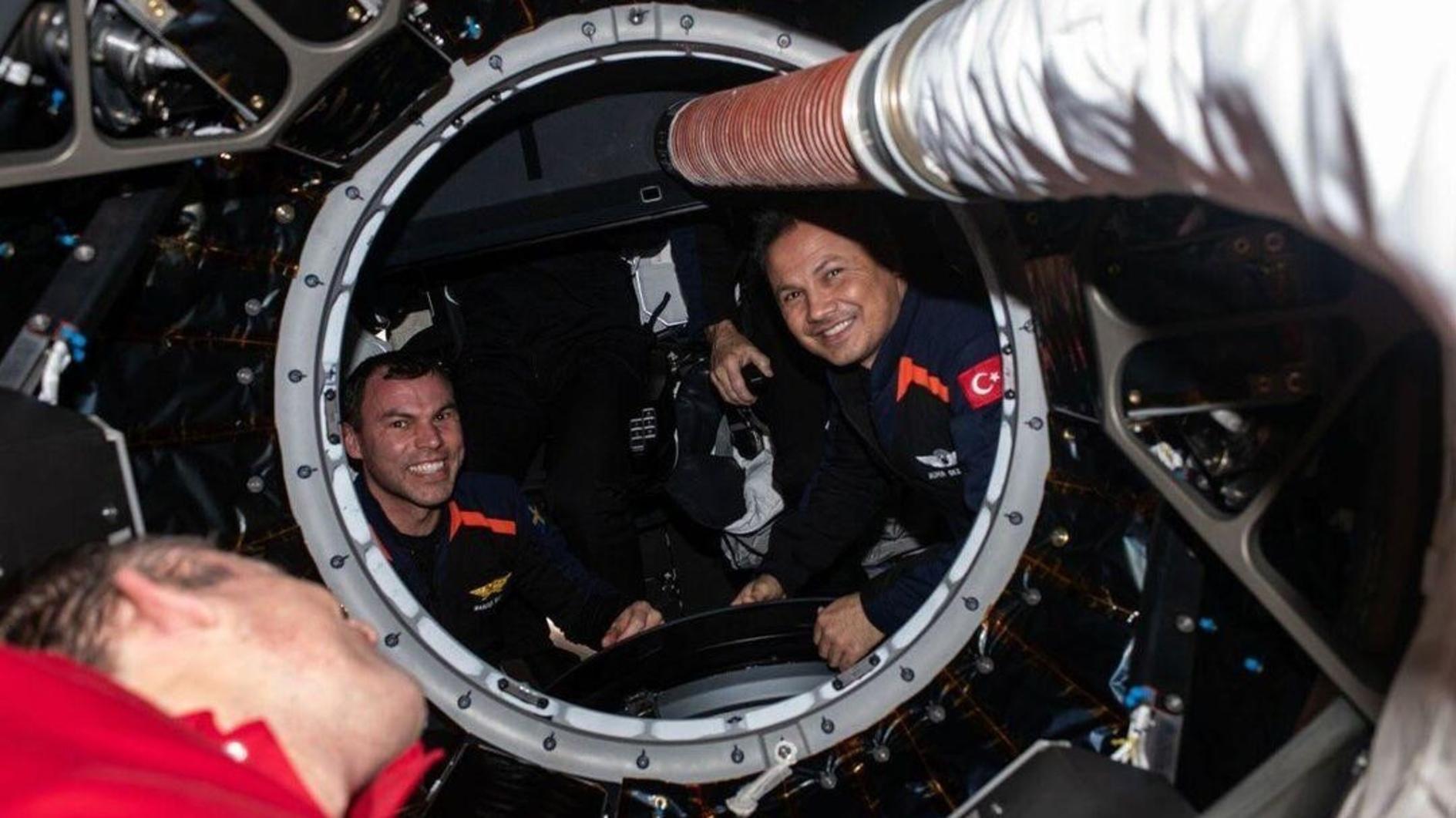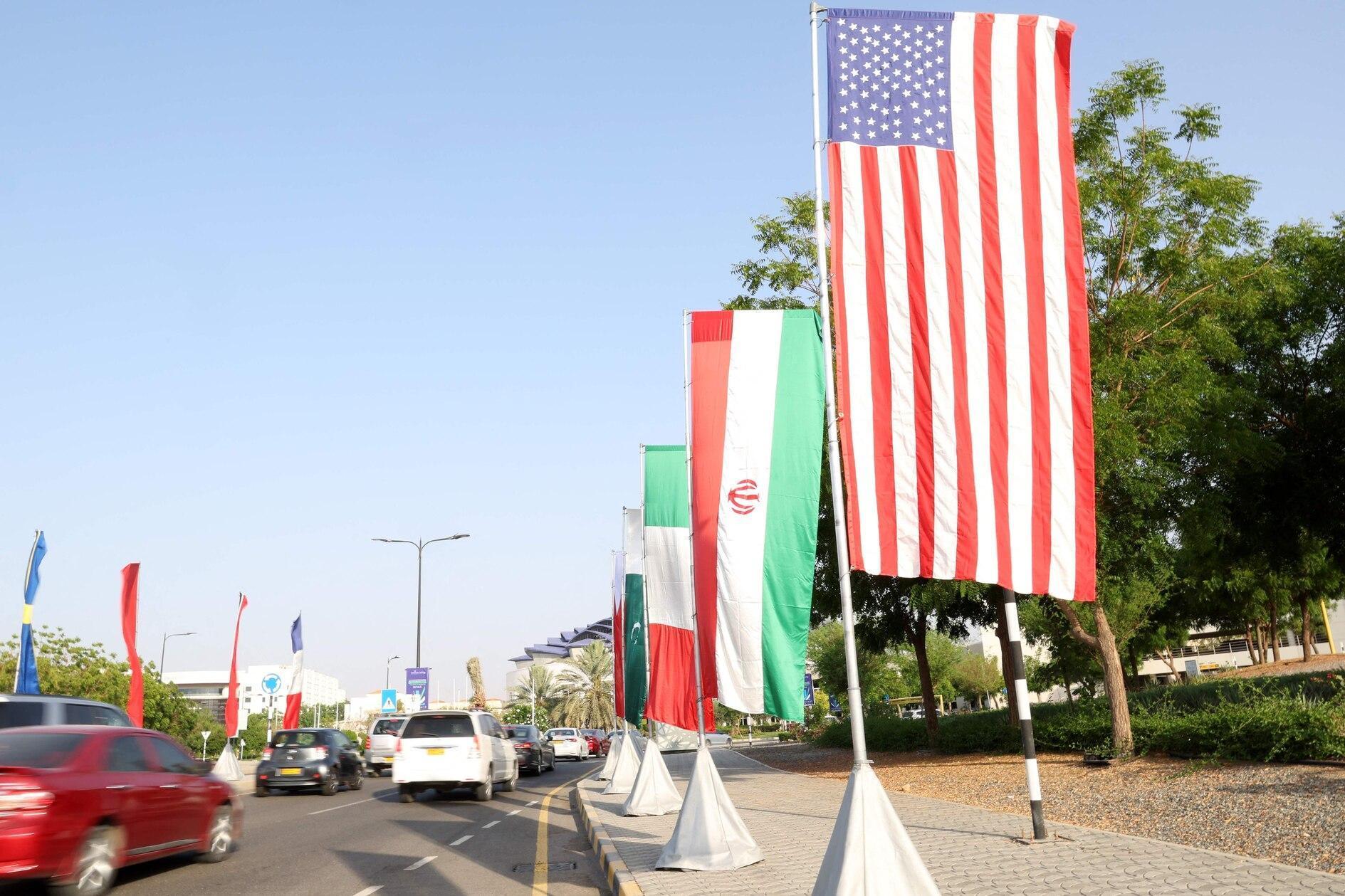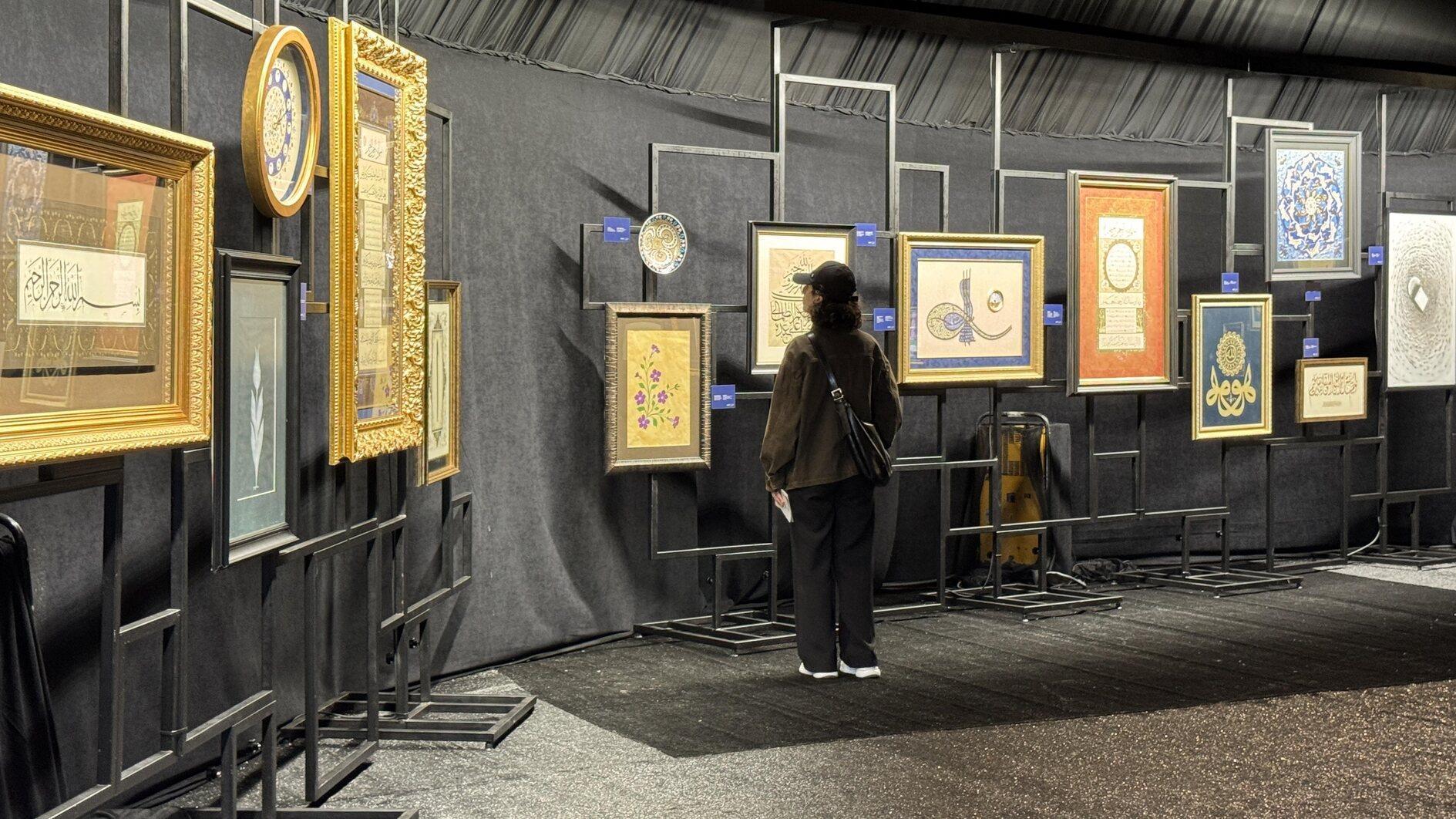Türkiye's first astronaut conducts gene experiment in space
ISTANBUL

Türkiye’s first astronaut Alper Gezeravcı, who will conduct 13 experiments over 14 days, has investigated CRISPR-GEM on Jan. 23, gene modification efficiency in plants under microgravity and the potential of microalgae to be used in space.
Gezeravcı continues his experiments on the International Space Station (ISS). According to the information shared by the Turkish Space Agency, he first investigated the efficiency of gene modification on Jan. 23.
This experiment aims to investigate the effectiveness of CRISPR, one of the modern gene editing techniques of molecular biology, on plants in microgravity environment in order to understand and improve the defense mechanisms of plants, which are the skeleton of bioregenerative life support systems, against biological and non-biological stresses that occur during space missions.
Gezeravcı also carried out another experiment to show how the metabolism of microalgae changes under space conditions.
Gezeravcı, who will conduct 13 different experiments during his 14-day stay in space, started his experiments with "Extremophyte," which investigates the physiological and molecular reactions of the endemic halophyte plant Schrenkiella Parvula, which grows in Tuz Gölü (Lake Salt) in Central Anatolia, to the space environment.
Gezeravcı, and three other crew members blasted off on Thursday on a voyage to the ISS, in what President Recep Tayyip Erdoğan said marked a "historic" milestone for Türkiye.
Along with Gezeravcı, three space travelers from Spain, Italy, and Sweden will conduct more than 30 scientific experiments and demonstrations on the ISS as part of the Ax3 mission.
















